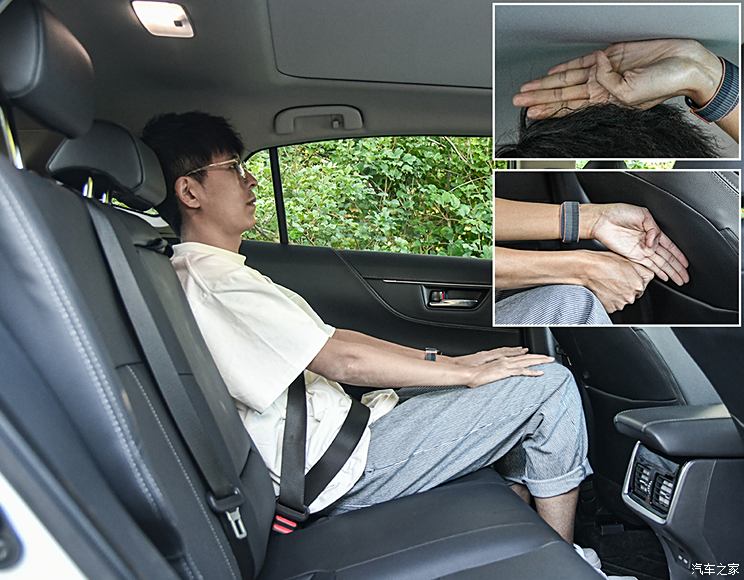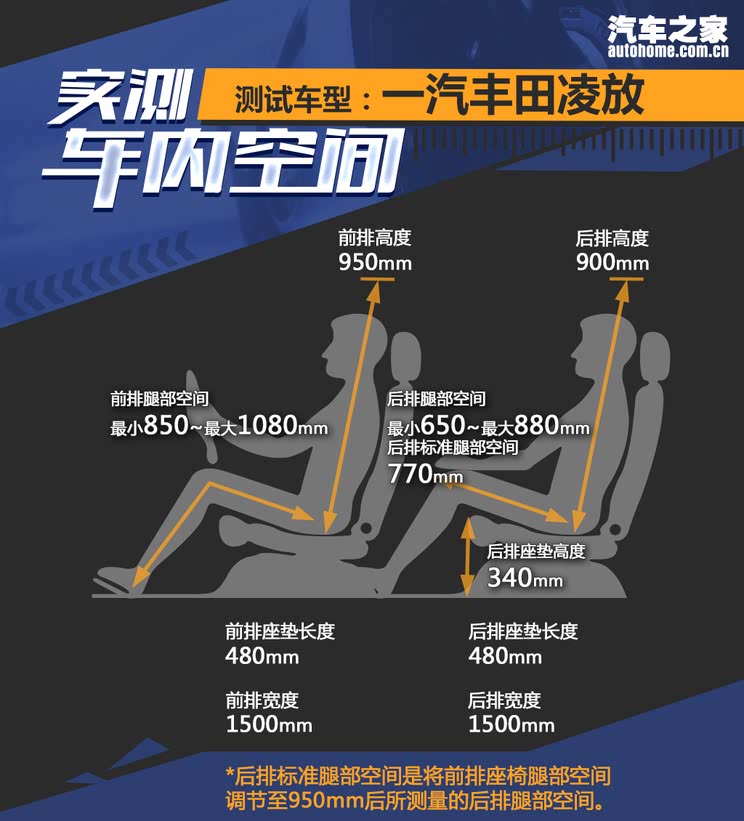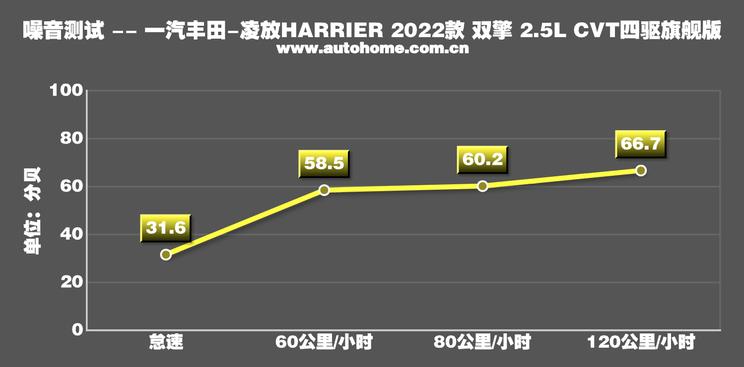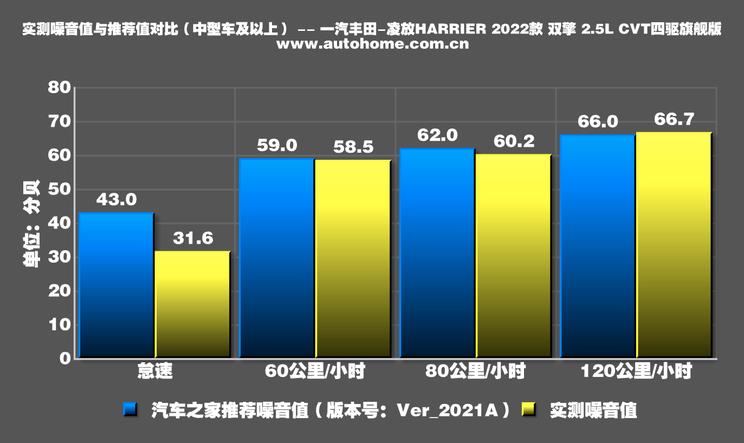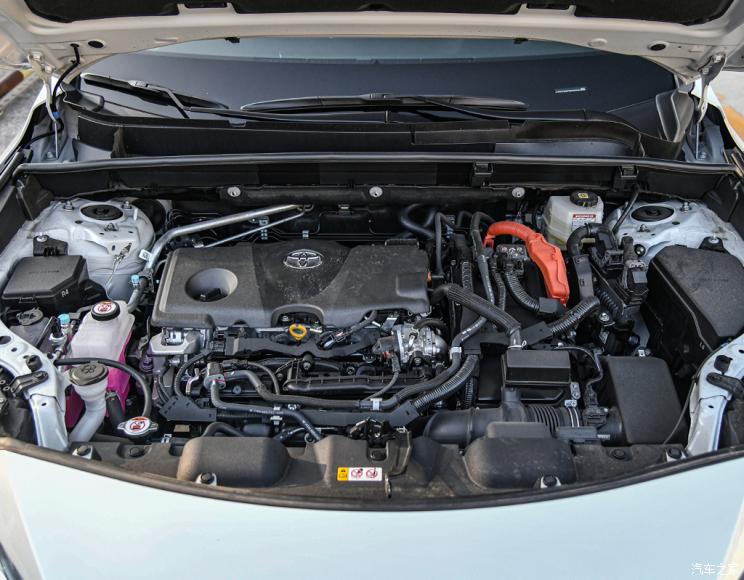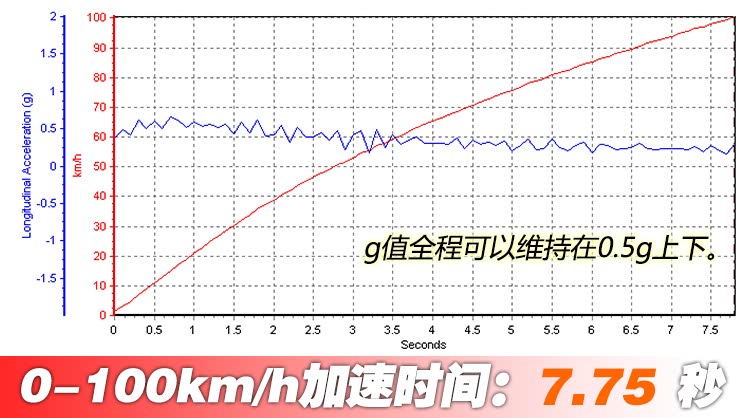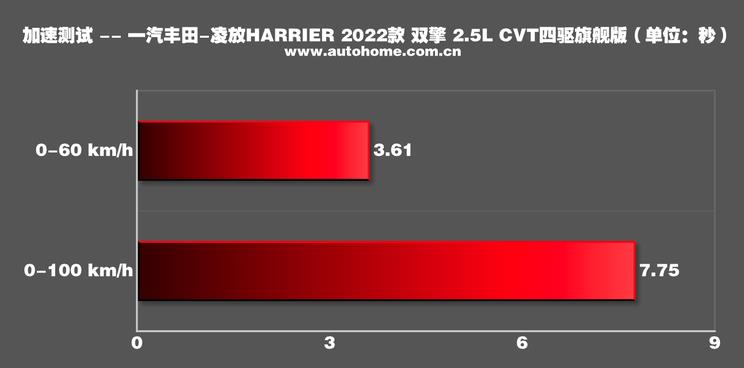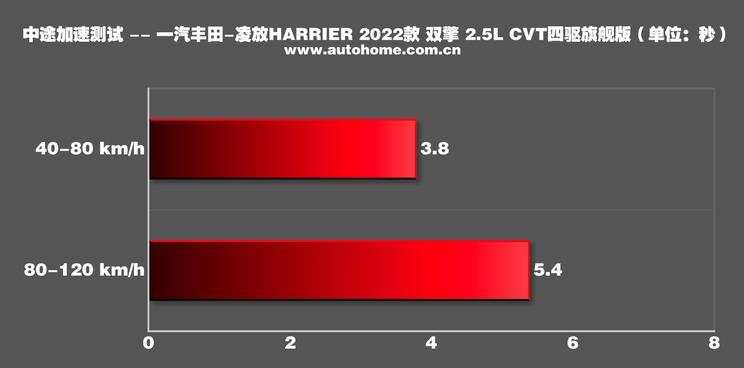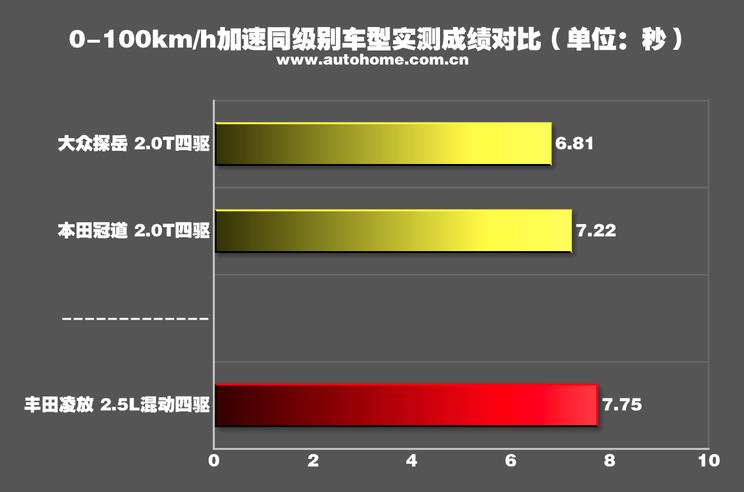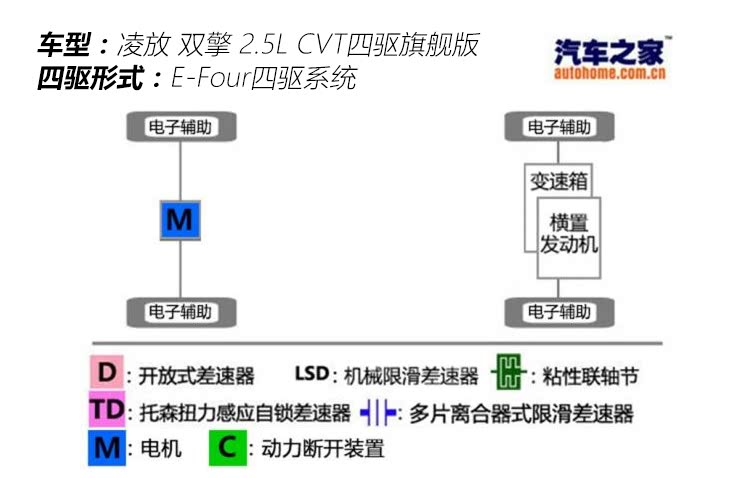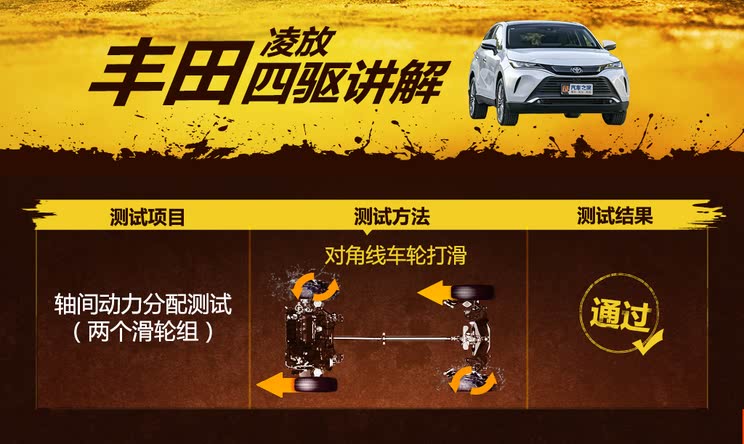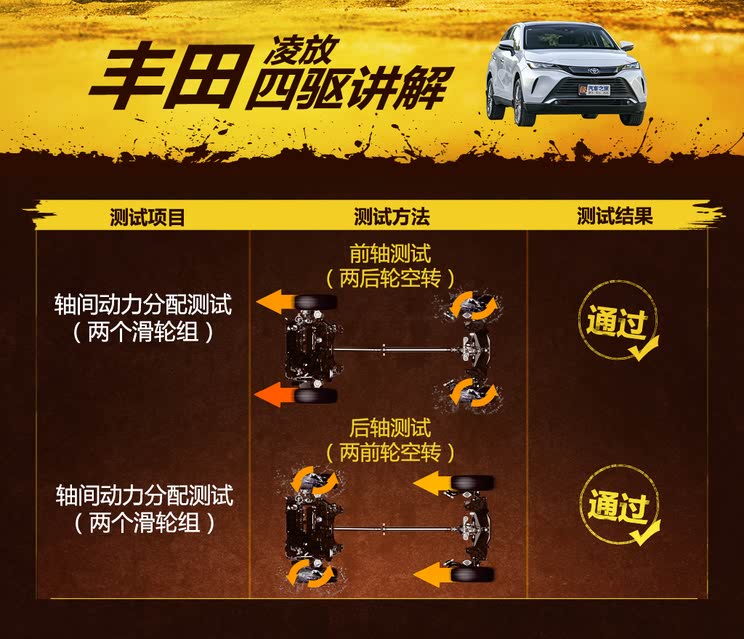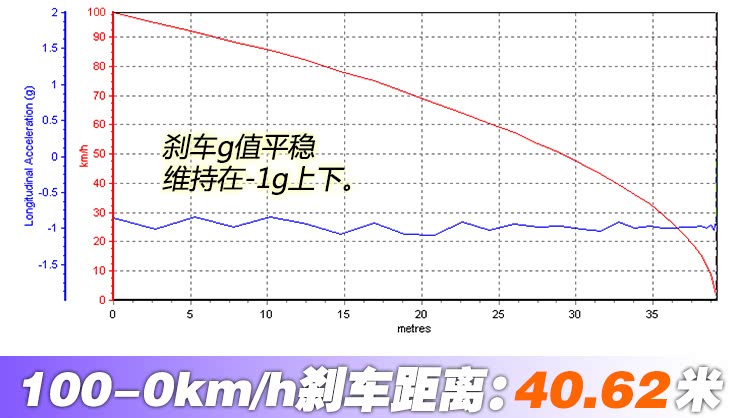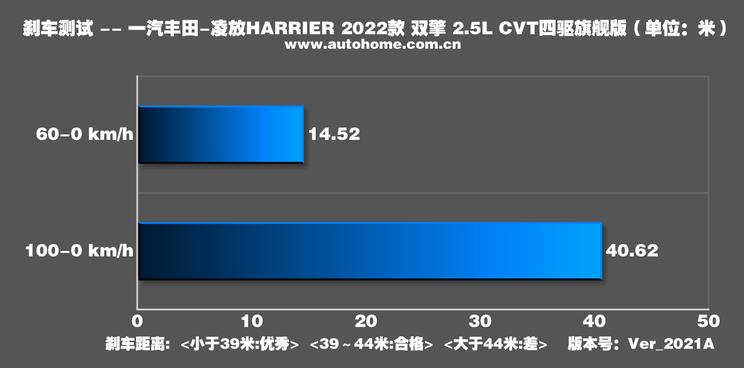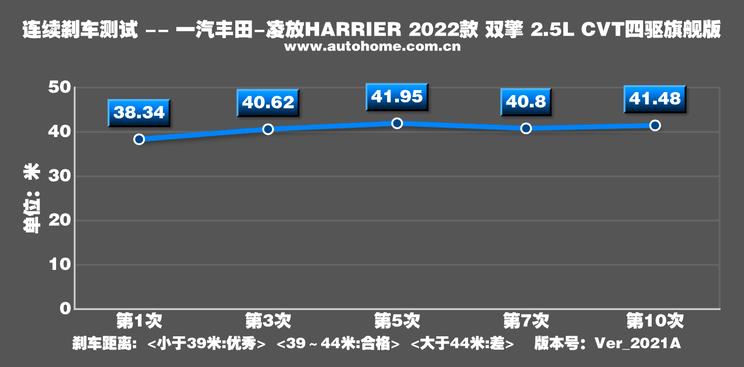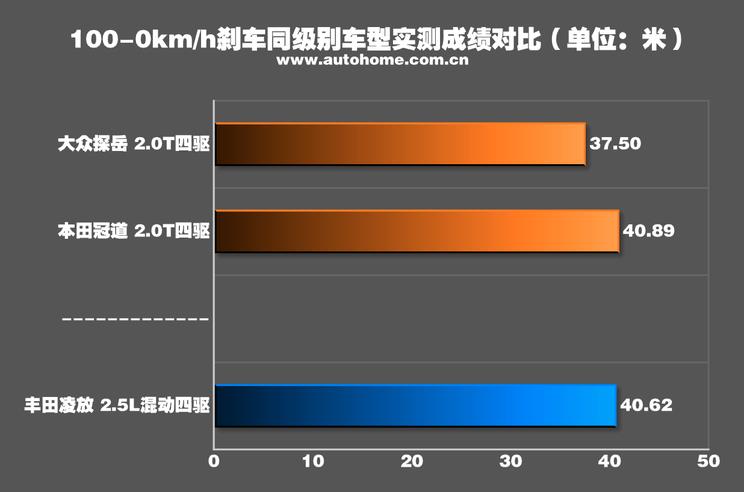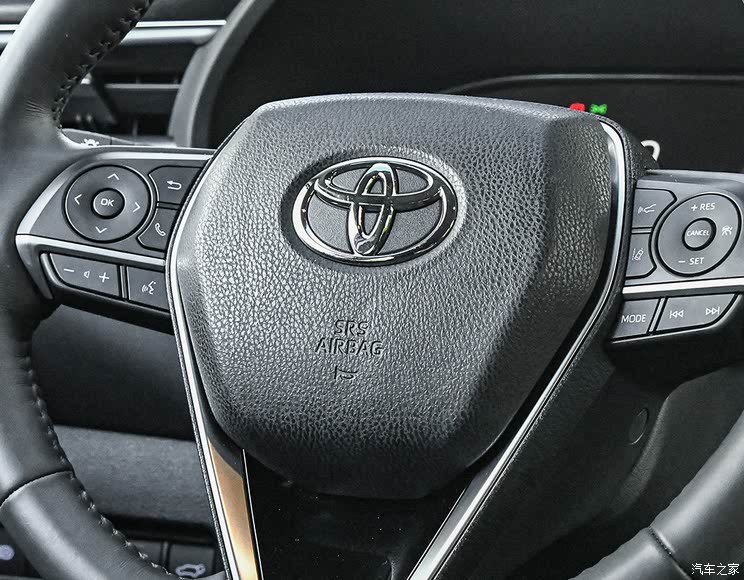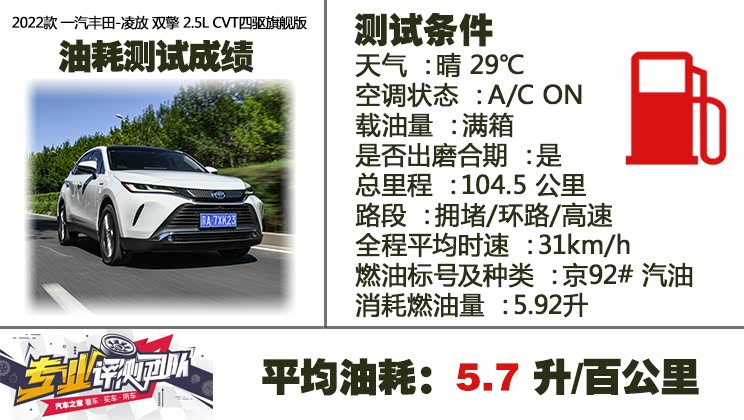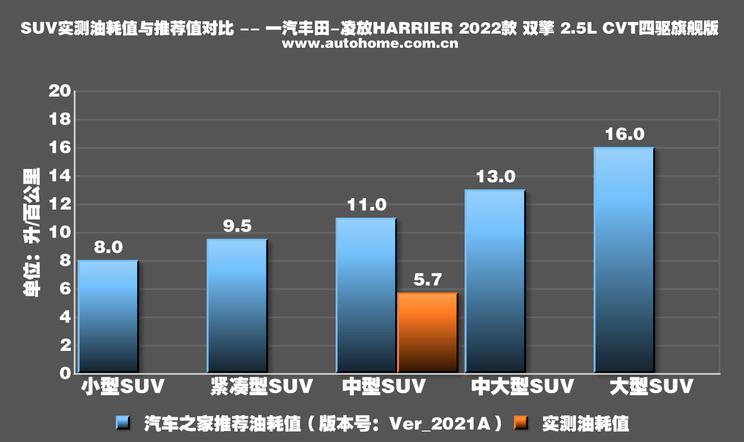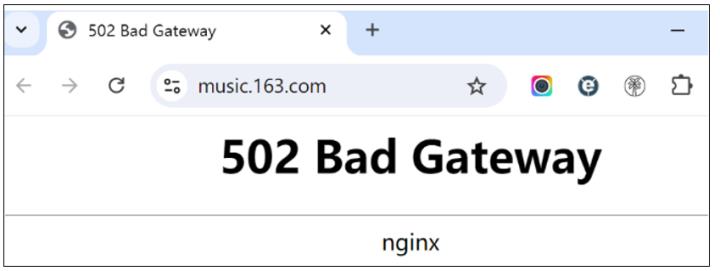The Measures for the Administration of Rural Housing Construction in Hunan Province (hereinafter referred to as the Measures) was deliberated and adopted at the 52nd executive meeting of the provincial people’s government on November 18, 2019. On December 17, 2019, Governor Xu Dazhe signed the provincial government order No.299 and announced it. The Measures will be implemented on January 1, 2020. In order to ensure the smooth implementation of the Measures, the interpretation is as follows.
First, the necessity of formulating the Measures
Since the reform and opening up, the rural housing construction in our province has developed rapidly, the living conditions of farmers have been greatly improved, and the quality of life of farmers has generally improved. However, at present, there are many problems in the management of rural housing construction in our province, such as the management system is not smooth, there are many illegal houses, and the improvement of rural living environment is not obvious. According to the requirements of the report of the 19th National Congress of the Communist Party of China on "implementing rural revitalization strategy and building an ecologically livable beautiful countryside", combined with the reality of our province, it is necessary to standardize and guide rural villagers to build houses, strengthen the management of rural housing construction, and bring rural housing construction into the track of rule of law.
II. Formulation and review process
In 2018, the Provincial Department of Housing and Urban-Rural Development stepped up its work according to the instructions of Governor Xu Dazhe to issue the Measures as soon as possible, drawing on the experience and practices of relevant provinces and cities, some counties and cities in our province, and fully integrating the relevant contents of the Notice of the General Office of Hunan Provincial People’s Government on Strengthening the Management of Rural Housing (Xiang Zhengban Fa [2016] No.81) and other documents, and taking the problem as the guide, convened relevant provincial departments to study many times. On the basis of fully soliciting the opinions of six provincial units including the Provincial Department of Natural Resources and absorbing the experience and practices of Zhejiang, the Measures (Draft for Review) was formed and submitted to the provincial people’s government for review on August 14, 2018.
In April 2019, the General Office of the Provincial People’s Government issued the "Legislative Plan of Hunan Provincial People’s Government in 2019", and included the "Measures" as a project in the annual legislative plan. The Provincial Department of Justice carefully reviewed and revised the requirements of scientific legislation, democratic legislation and legal legislation, and formed the "Measures (Draft)". On November 18, 2019, the "Measures (Draft)" was adopted in principle by the provincial government executive meeting, and the "Measures" were announced on December 17, 2019.
Third, the interpretation of the main content
(1) What is the scope of application of the Measures?
Article 2 of the Measures stipulates that these Measures shall apply to the construction activities, supervision and management of rural houses built, rebuilt and expanded by rural villagers within the administrative area of this province.
(2) What are the basic principles followed in rural housing construction?
Article 3 of the Measures stipulates that rural housing construction should follow the principles of planning first, one household, one house, adapting to local conditions and ecological environment protection, and reflect local history, culture, regional characteristics and rural features.
(3) How are the management responsibilities defined?
Article 4 of the Measures stipulates that the people’s governments at or above the county level shall strengthen their leadership over the management of rural housing construction. The competent department of housing and urban and rural construction of the people’s government at or above the county level is responsible for the supervision and management services such as the design and construction of rural housing construction; The competent department of natural resources of the people’s government at or above the county level is responsible for the supervision and management services such as rural housing construction planning, agricultural land conversion, and housing ownership registration; The competent agricultural and rural departments of the people’s governments at or above the county level are responsible for the supervision and management services of rural housing construction; The competent departments of finance, transportation, water conservancy, ecological environment and forestry of the people’s governments at or above the county level shall be responsible for the relevant management services of rural housing construction according to their respective functions and responsibilities.
Article 5 of the Measures stipulates that: Township people’s governments shall be specifically responsible for the management, supervision and service of rural housing construction, and carry out administrative examination and approval and comprehensive law enforcement related to villagers’ housing construction according to the authorization of laws and regulations and the entrustment of relevant competent departments of county-level people’s governments.
(D) What is the role of villagers’ committees in rural housing construction?
Article 6 of the "Measures" stipulates that the villagers’ committee shall, under the guidance of the township people’s government, draw up village rules and regulations with the content of autonomous management of rural housing construction; Guide the villagers to handle or handle the formalities for examination and approval of rural housing construction on behalf of the villagers, and guide the villagers to carry out rural housing construction activities according to laws and regulations; Discourage illegal acts in rural housing construction in time and report to the township people’s government.
(5) How to choose a site for villagers to build houses?
Article 8 of the Measures stipulates that rural housing construction shall conform to village planning. Located in nature reserves, scenic spots, cultural relics protection units, historical and cultural villages, traditional villages and other areas, it should also comply with the relevant protection plans. Building site selection should make full use of the original homestead, Kugaji and other unused land, avoid geological disasters, floods, underground goaf, earthquake fault zones and other dangerous areas, and strictly control building by cutting slopes.
Article 9 of the Measures stipulates that it is forbidden to build houses in the following areas:
1. Permanent basic farmland areas;
2. First-class protected areas for drinking water sources;
3. Management scope of rivers and lakes;
4. Building control areas on both sides of the highway;
5. Other areas where building is prohibited as stipulated by laws and regulations.
(6) How to define the building area of villagers?
Article 8 of the Measures stipulates that a rural villager can only own one homestead, and the area of each household shall not exceed the standards set by the province. The number of floors and the height of buildings shall not exceed the standards formulated and published by various localities.
(seven) what are the conditions for villagers to apply for housing?
Article 10 of the Measures stipulates that villagers who meet one of the following conditions may apply for building houses:
1 with household conditions, it is really necessary to set up another household to build a house;
2. Existing houses belong to dilapidated houses and need to be demolished and rebuilt;
3. The original house needs to be rebuilt due to disaster;
4. Relocation due to national and collective construction or resettlement according to policies;
5. Other circumstances stipulated by laws, regulations and rules.
(eight) what are the circumstances in which villagers apply for building houses and are not approved?
Article 11 of the "Measures" stipulates that villagers applying for building houses shall not be approved under any of the following circumstances:
1. Not a member of this collective economic organization;
2 does not conform to the village planning;
3 does not meet the requirements of one household and one house;
4. The original house is sold, leased, given to others or used for production and business purposes;
5. There is a dispute over the ownership of the applied homestead;
6. Other circumstances of disapproval as stipulated by laws, regulations and rules.
(9) What materials do villagers need to submit for building?
Article 12 of the "Measures" stipulates that when villagers apply for building houses, they need to provide the following materials to apply to the villagers’ committee:
1. Application for building a house;
2. Building approval form;
3. The applicant’s identity card and residence booklet;
4 residential construction project design scheme or design drawings provided by the government free of charge.
Demolition of old houses built in different places, but also need to provide proof of the right to use the original homestead and a letter of commitment to voluntarily withdraw from the original homestead, reclaim it according to regulations and hand it over to the collective economic organization for adjustment.
(X) What is the building approval process?
Article 13 of the "Measures" stipulates that a villagers’ committee shall convene a villagers’ meeting or a villagers’ representative meeting in time to discuss after receiving the written application for building houses from villagers. After the adoption, a written opinion shall be submitted to the Township People’s Government for review.
Article 14 of the "Measures" stipulates that the Township People’s Government shall organize relevant units and personnel to conduct on-site inspection within 5 working days from the date of receiving the relevant materials of villagers’ application for building houses. After verification, those who meet the approval conditions shall go through the formalities of planning permission and land use approval by the Township People’s Government according to law.
(11) What are the starting conditions for villagers to build houses?
Article 14 of the Measures stipulates that villagers should build houses according to the requirements of examination and approval. No building shall be built without approval.
Article 15 of the "Measures" stipulates that villagers’ housing construction can only start after positioning and setting out.
(12) How to organize rural housing construction?
Article 16 of the "Measures" stipulates that villagers should choose qualified rural construction craftsmen or qualified construction enterprises for building, and sign a written construction contract to clarify the rights and obligations of both parties and stipulate the duration and responsibility of housing warranty.
Article 17 of the Measures stipulates that. Rural construction craftsmen or construction enterprises shall carry out construction in strict accordance with construction planning, design drawings, construction technical standards and operating procedures to ensure construction quality and safety. Rural construction craftsmen or construction enterprises shall not carry out housing construction for rural villagers who have not obtained planning permission or land use approval or who violate the planning permission and land use approval provisions.
Article 18 of the Measures stipulates that rural construction craftsmen or construction enterprises shall assist villagers in selecting building materials, building components (fittings) and equipment that meet the national and provincial standards, and shall not cut corners. Villagers require the use of unqualified building materials, building components (fittings) and equipment, and rural construction craftsmen or construction enterprises shall dissuade or refuse.
(thirteen) after the completion of the house, how to organize the completion acceptance?
Article 20 of the "Measures" stipulates that after the completion of the house, the villagers should inform the township people’s government in advance of the completion acceptance time or through the villagers’ committee, and apply for land use and planning verification. The Township People’s Government shall, within 5 working days from the date of receiving the application for verification, arrange the staff to be present for inspection and verification in time. If the verification is qualified, a verification certificate shall be issued.
After receiving the verification certificate, the villagers who build houses are responsible for organizing rural construction craftsmen or construction enterprises to carry out the final acceptance of rural housing. Commissioned by the design and supervision, design and supervision units or personnel should also participate in the completion acceptance. Rural housing unqualified acceptance, shall not be admitted.
(14) How to improve the rural living environment?
Article 23 of the Measures stipulates that the people’s governments at the county level and the people’s governments at townships should make overall plans to build water supply, power supply, gas supply, roads, communications, sewage and garbage disposal and other supporting facilities and public service facilities in centralized residential areas such as historical and cultural villages, traditional villages, villages with ethnic characteristics, villages with distinctive landscapes, central villages and villages with overall relocation.
Article 24 of the Measures stipulates that villagers who apply for demolishing old houses and building new houses in different places can demolish their old houses on schedule, complete reclamation or construct according to the design drawings provided by the government free of charge within the time limit promised by the villagers, strictly follow the construction land standards, control the scale of building, build harmless sanitary toilets, set up sewage treatment facilities according to regulations, and implement garbage sorting treatment. Those who pass the acceptance can be given appropriate rewards or subsidies.
(15) What is the legal responsibility for violating the regulations?
In order to strengthen the management of rural housing construction, Article 26, Article 27 and Article 28 of the Measures respectively set legal responsibilities for villagers’ illegal building, illegal construction by rural construction craftsmen and construction enterprises, and administrative organs and their staff’s failure to perform their duties seriously.
IV. Highlights of the Measures
(A) on the management system
In view of the unclear responsibilities and unequal rights and responsibilities in rural housing management, the relevant departments of the people’s governments at or above the county level, township people’s governments and village committees shirk their responsibilities, and the illegal and illegal housing construction in rural areas cannot be effectively stopped in time. In order to straighten out the rural housing construction management system and strengthen the law enforcement and management of illegal housing construction, Article 4 of the Measures stipulates the leadership responsibilities of the people’s governments at or above the county level and the management service responsibilities of the relevant departments, and Article 5 stipulates the specific management responsibilities and comprehensive law enforcement of the township people’s governments.
  (B) on the construction and management services
In view of the behaviors in building houses in rural areas, such as not compiling and modifying plans according to regulations, not building houses according to plans, building houses in disorder and disorder, improper building site selection, different building standards, building houses at will in prohibited areas, complicated building procedures, etc., Article 7 of the Measures provides for the township people’s government to organize the compilation and modification of village plans, Article 8 provides for building houses according to planning requirements, moderately centralized building, building site selection and building standards, and Article 9 provides for areas where building is prohibited. In order to facilitate villagers to declare building, ensure the quality and safety of building construction, and standardize villagers’ building behavior, Articles 10 to 21 of the Measures stipulate the contents and processes of villagers’ building declaration, examination and approval, setting out, construction, acceptance and filing. In order to regulate villagers’ building in characteristic villages, central villages, suburban villages and overall relocated villages, Article 22 of the Measures has made special provisions.
(3) About improving the living environment
In view of the fact that the improvement of rural living environment is not obvious, there are some problems in centralized residential areas such as famous historical and cultural villages, traditional villages, ethnic minority villages, famous scenic tourist villages, central villages and overall relocation villages, such as incomplete water supply, power supply, gas supply, roads, communications, sewage and garbage disposal and other supporting facilities and public service facilities. In order to effectively improve rural living environment, Article 23 of the Measures has made special provisions. In order to guide villagers to demolish old buildings and build new ones for timely reclamation, keep the style of building consistent, follow the standard of building land, control the scale of building, build harmless sanitary toilets, set up sewage treatment facilities in accordance with regulations, and implement garbage sorting treatment, so as to improve the living conditions of villagers, Article 24 of the Measures has made provisions on rewards and subsidies.











